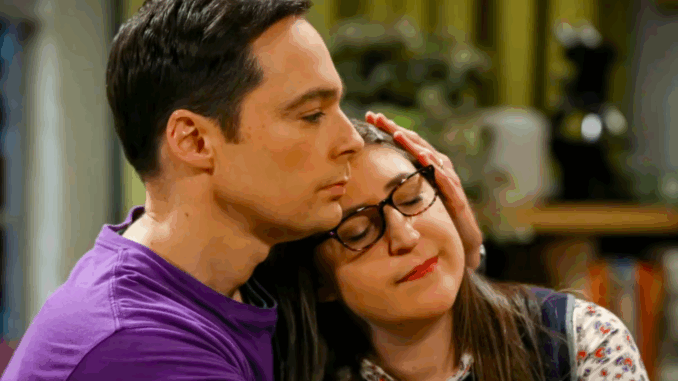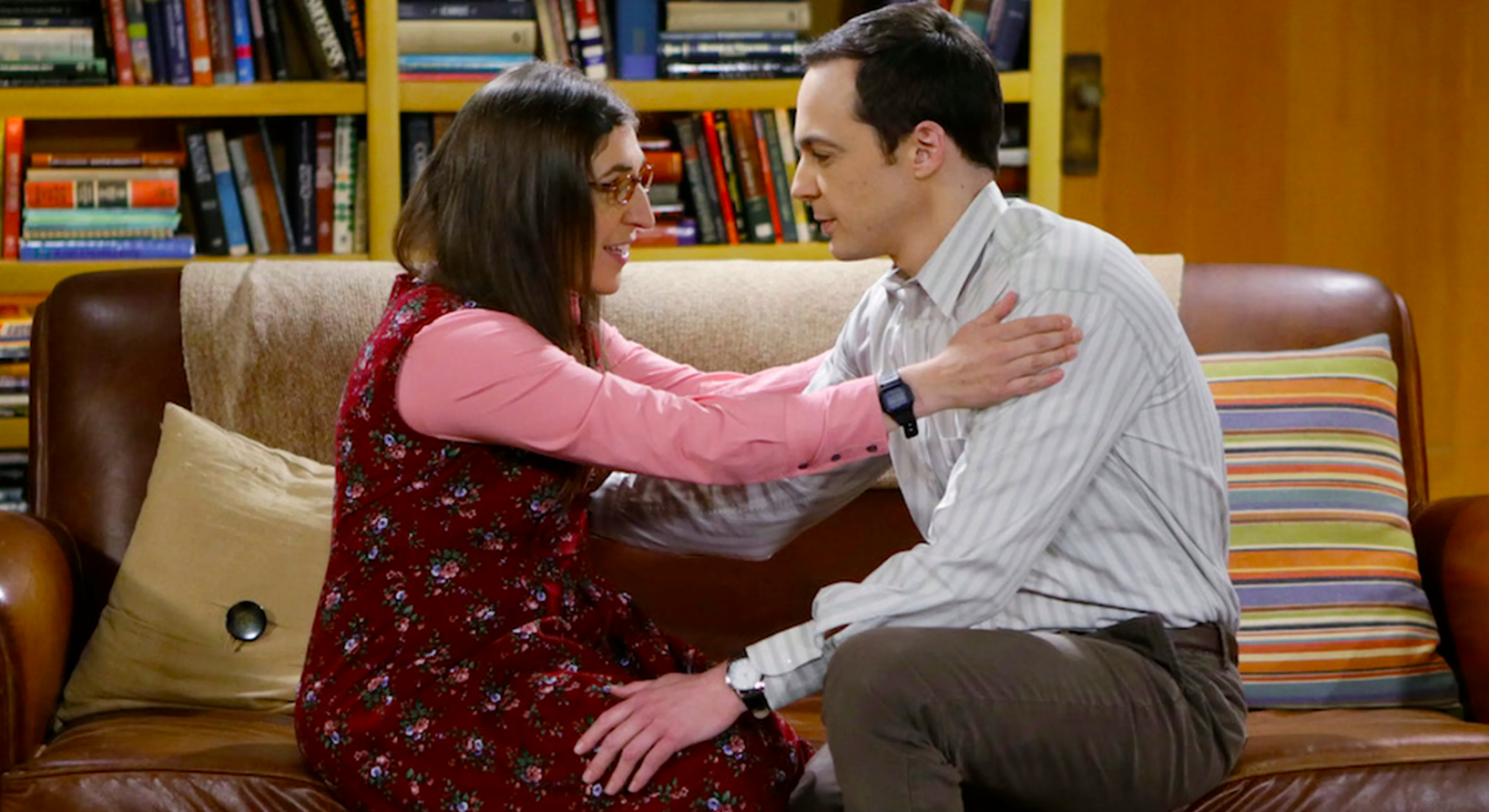
The Introduction of Amy: A Game-Changer for the Series
When Amy Farrah Fowler (Mayim Bialik) first appeared in The Big Bang Theory Season 3 finale, few could have predicted how transformative her character would become.
Initially introduced as a female counterpart to Sheldon — socially awkward, emotionally detached, hyper-logical — Amy began as a mirror image rather than a fully fleshed-out individual.
But as the seasons progressed, Amy grew into one of the show’s most beloved and layered characters, injecting the series with a fresh emotional depth that few other new characters could have delivered.
Beyond the Female Sheldon
Early episodes portrayed Amy almost as a novelty: a female Sheldon.
She spoke with robotic precision, dismissed emotional nuances, and viewed human relationships through a cold, clinical lens.
However, the writers, and Bialik’s nuanced performance, soon steered Amy into a space that went far beyond imitation.
Where Sheldon remained resistant to change, Amy began craving emotional connections, friendships, and eventually romance.
Her evolution highlighted just how much heart she brought to the show — a stark contrast to her initial stoic introduction.
Amy and Penny: A Friendship for the Ages
One of the most delightful developments was Amy’s relationship with Penny.
Their friendship started humorously awkward, with Amy often idolizing Penny to a comical, even uncomfortable degree. (“You are so beautiful, it makes me cry!”)
Yet over time, their bond deepened into a genuine and touching friendship that transcended Amy’s social awkwardness and Penny’s initial hesitations.
Through shopping trips, girls’ nights, and heartfelt conversations, Amy learned to navigate the emotional complexities of real friendship.
Penny, in turn, learned patience, empathy, and a surprising appreciation for a different kind of loyalty and sincerity.
Amy and Sheldon: A Love Story Built on Growth
Amy and Sheldon’s romance is arguably one of the most unique in television history.
Where most sitcom relationships rely on physical chemistry or witty banter, theirs thrived on intellectual compatibility and painstaking emotional growth.
Amy challenged Sheldon without trying to change him, encouraging him to understand affection, compromise, and intimacy on his terms.
Their relationship milestones — from holding hands to eventually consummating their relationship — were celebrated with genuine emotion and earned through seasons of careful character development.
Their wedding in Season 11 was not just a fan-pleasing moment; it was the culmination of two characters finding a love that honored who they truly were.
The Unsung Humor of Amy Farrah Fowler

While Sheldon often gets credit for being the breakout comedic character, Amy’s humor is wildly underrated.
Her blunt observations, unexpected outbursts (“If it’s ‘creepy’ to want a real relationship, then fine, call me creepy!”), and earnest awkwardness provided some of the series’ funniest and most relatable moments.
She balanced being the straight woman and the punchline — a delicate act that Bialik mastered effortlessly.
Amy’s humor humanized the group and often highlighted the absurdity of their more ridiculous antics.
Amy’s Personal Triumphs: Career and Confidence
Beyond romance and friendship, Amy’s personal achievements reflect tremendous growth.
As a neurobiologist, she found success in her career and collaborated professionally with Sheldon on groundbreaking scientific work.
Her confidence blossomed, transforming her from a passive participant in her own life to an active driver of her future.
By the series finale, Amy had not only won a Nobel Prize alongside Sheldon but had also become a role model for authenticity, perseverance, and emotional bravery.
Why Amy Matters in The Big Bang Theory Legacy
Amy Farrah Fowler represents more than just a late-series addition.
She embodies the show’s quiet thesis: that love, friendship, and personal fulfillment aren’t reserved for the traditionally “cool” or socially adept.
Amy’s journey is a testament to the idea that growth doesn’t mean changing who you are — it means finding strength in your identity and sharing it bravely with the world.
Without Amy, The Big Bang Theory would have remained a clever sitcom about quirky scientists. With her, it became a story about people daring to open their hearts.